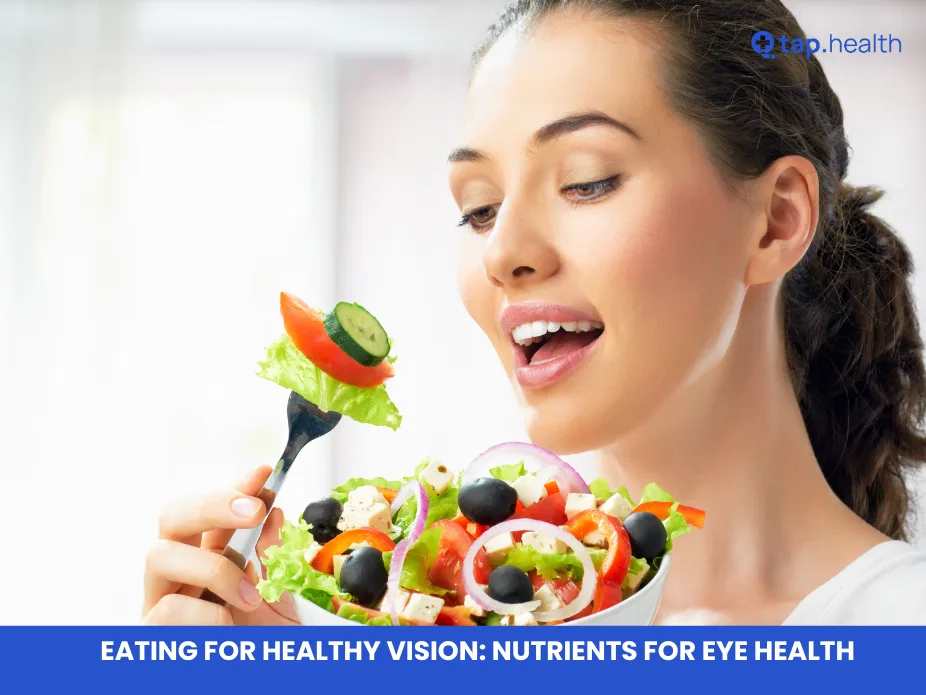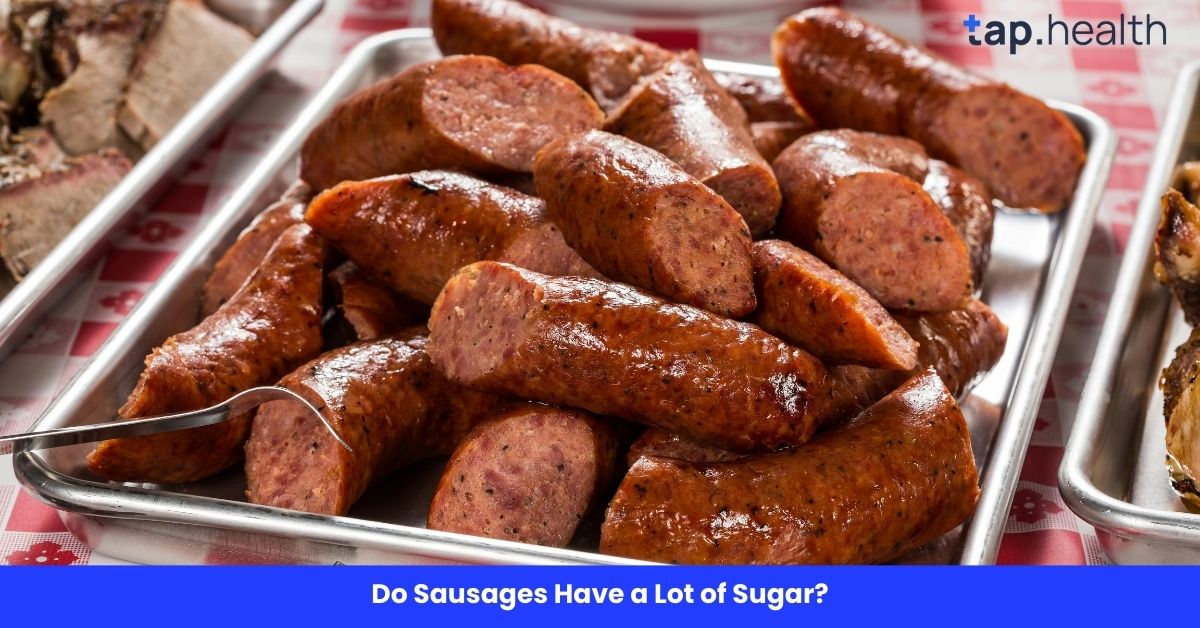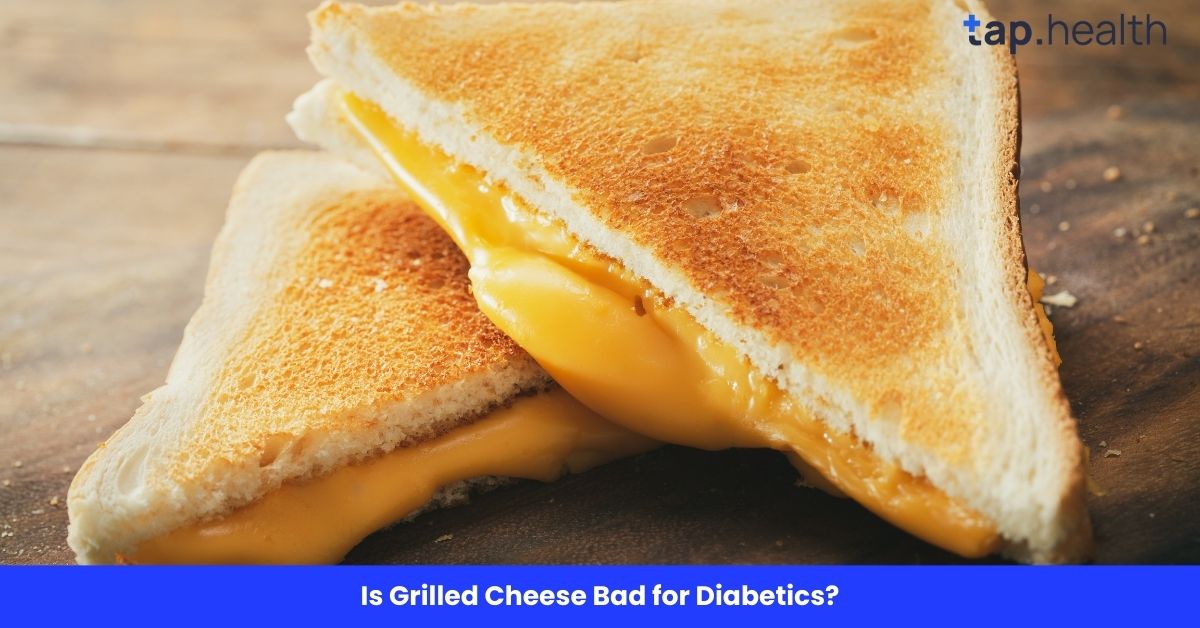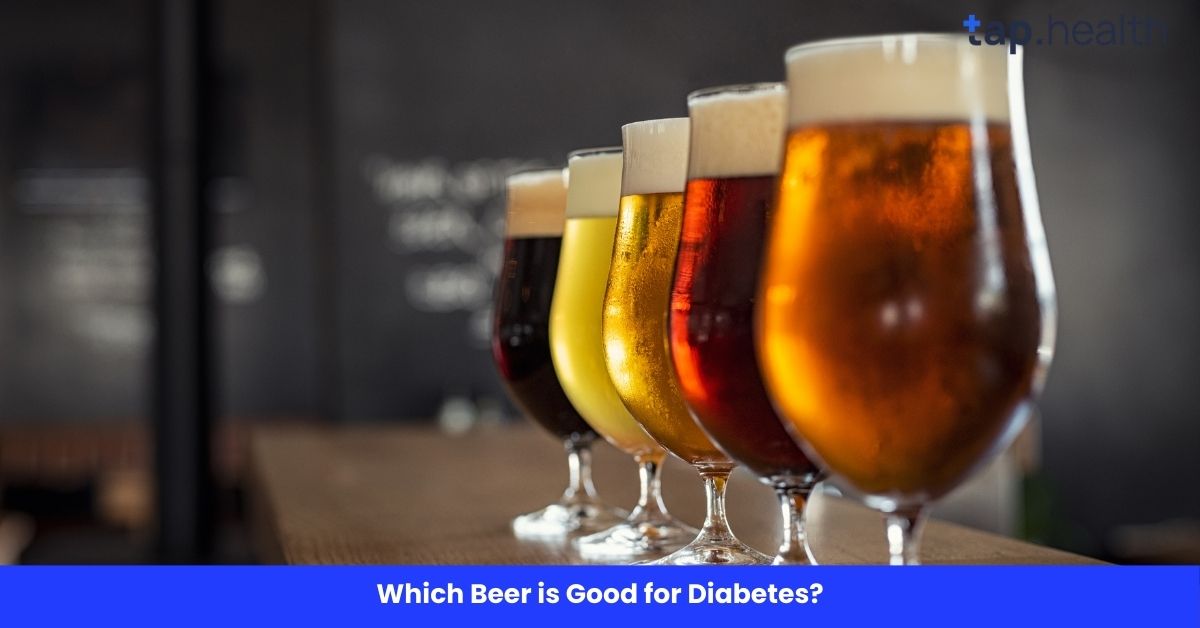Best Nutrients for Eye Health: A Simple Guide
Maintaining sharp vision starts with what you eat. Certain nutrients directly support the retina, lens, and overall eye function while helping prevent common problems like age-related macular degeneration (AMD), cataracts, and dry eye syndrome.
What Does Vitamin A Do for Your Eyes?
Vitamin A keeps the retina healthy and produces rhodopsin, the pigment needed for night vision. A lack of it can cause night blindness.
Top sources:
- Carrots
- Sweet potatoes
- Kale & spinach
- Red bell peppers
- Liver (if you eat animal products)
How Does Vitamin C Protect Eyes?
This powerful antioxidant fights oxidative stress, supports collagen in the cornea, and lowers the risk of cataracts and AMD.
Best foods:
- Oranges & citrus
- Strawberries
- Kiwi
- Bell peppers
- Broccoli
Why Is Vitamin E Important for Vision?
Vitamin E shields eye cells from free-radical damage and works with vitamin C to slow cataract formation and AMD progression.
Rich sources:
- Almonds
- Sunflower seeds
- Avocado
- Spinach
- Wheat germ oil
What Are Lutein and Zeaxanthin and Why Do Eyes Need Them?
These two carotenoids concentrate in the macula and act as natural sunglasses, filtering harmful blue light and reducing oxidative damage. High intake is strongly linked to lower AMD risk and better contrast sensitivity.
Top sources:
- Kale
- Spinach
- Broccoli
- Corn
- Egg yolks
- Peas
How Do Omega-3 Fatty Acids Help Eye Health?
Omega-3s (especially DHA) are building blocks of retinal cells, reduce inflammation, fight dry eye syndrome, and support macular health.
Best sources:
- Salmon, mackerel, sardines
- Flaxseeds & chia seeds
- Walnuts
- Algal oil (vegan option)
What Role Does Zinc Play in Healthy Vision?
Zinc helps transport vitamin A to the retina and protects cells from oxidative damage. Low zinc is linked to poor night vision and higher AMD risk.
Top sources:
- Oysters
- Beef & poultry
- Pumpkin seeds
- Lentils & chickpeas
- Cashews
Which Foods Are High in Beta-Carotene for Eyes?
Beta-carotene converts to vitamin A in the body and acts as an extra antioxidant layer for the eye surface.
Best choices:
- Carrots
- Sweet potatoes
- Butternut squash
- Mangoes
- Cantaloupe
Can Nutrition Really Prevent Cataracts?
Yes. Antioxidants (vitamins C, E, beta-carotene) and lutein/zeaxanthin protect the lens from clouding and slow cataract development.
How Effective Are These Nutrients Against Macular Degeneration?
Large studies (AREDS & AREDS2) show that lutein, zeaxanthin, zinc, vitamins C & E, and omega-3s can reduce the risk of advanced AMD by up to 25% in high-risk individuals.
Will Omega-3s Help My Dry Eyes?
Clinical trials confirm that 1,000–2,000 mg of EPA + DHA daily significantly improves tear production and reduces dry eye symptoms in most people within 3 months.
Real-Life Example 1
Linda, 45, noticed trouble driving at night. Her doctor suggested adding carrots, sweet potatoes, kale, and spinach daily. After three months her night vision improved noticeably.
Real-Life Example 2
David, 60, was diagnosed with early AMD. He increased salmon, walnuts, leafy greens, and bell peppers. Combined with the AREDS2 supplement formula, his condition stabilized over two years.
Expert Insight
Ophthalmologist Dr. Jennifer Moore states: “Antioxidants and omega-3s are proven to slow age-related eye diseases. A colorful plate is often the best prescription I can give.”
Nutritionist Dr. Michael Reed adds: “Getting lutein and zeaxanthin from food is superior to supplements alone. Aim for at least one dark leafy green serving every day.”
Can People with Diabetes Protect Their Vision Through Diet Too?
Yes! The same eye-protective nutrients—lutein, zeaxanthin, vitamin C, omega-3s, and zinc—also help reduce the risk and progression of diabetic retinopathy. At TapHealth, we emphasize adding these foods early to support long-term retinal health in diabetes management.
Sources:
- National Eye Institute: Nutrition and Eye Health
- American Optometric Association: Nutrition and Vision
- American Academy of Ophthalmology: Eye Health and Nutrition
FAQs About Nutrition and Eye Health
Q1: Can diet alone prevent eye diseases like macular degeneration?
While a nutrient-rich diet can significantly reduce the risk, it’s not a guaranteed prevention method. Genetics and lifestyle factors also play a role in eye diseases.
Q2: What are the best foods for improving night vision?
Foods high in vitamin A, such as carrots, sweet potatoes, and spinach, can improve night vision by supporting the retina and the production of rhodopsin.
Q3: How can I protect my eyes from UV damage?
Wear sunglasses that block UV rays, and eat foods rich in beta-carotene, lutein, and zeaxanthin, which protect against UV-induced damage.
Q4: Do supplements work as well as food for eye health?
While supplements can help, they should not replace a healthy diet. Whole foods provide a broader range of nutrients that work together synergistically for better absorption and overall health.
Q5: How much omega-3 should I consume for eye health?
Aim for at least 1-2 servings of fatty fish per week or 1,000 milligrams of omega-3 supplements daily, depending on your health needs.



